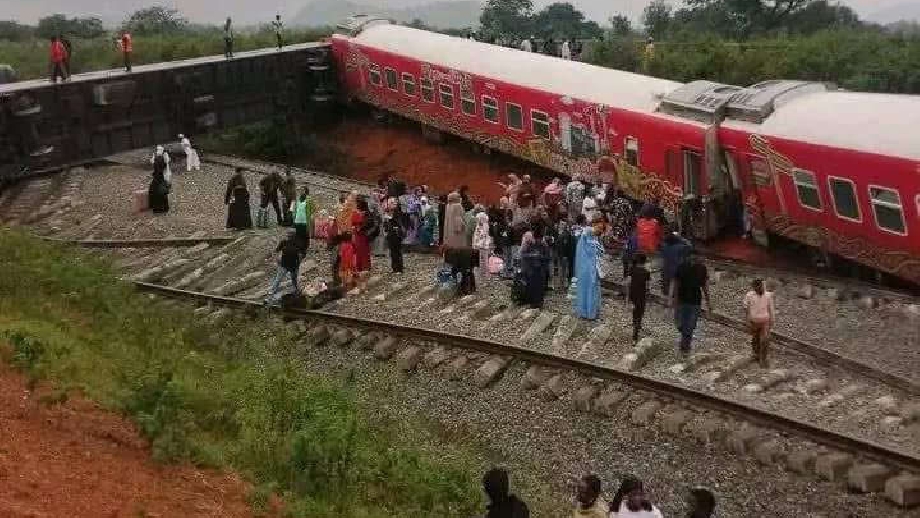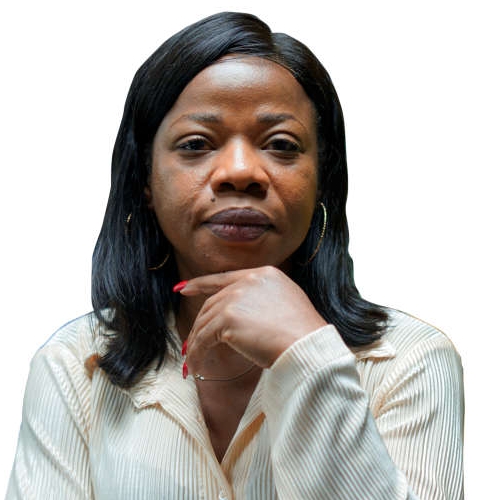
The Minister of Transportation, Saidu Alkali, has refuted claims of sabotage in the recent derailment of the Abuja-Kaduna train.
Addressing a news conference in Abuja alongside Kayode Opeifa, the Managing Director of the Nigerian Railway Corporation (NRC), Alkali stated that preliminary investigations point to an operational error.
According to Alkali, a faulty point machine, a device that allows trains to safely change tracks, was the likely cause of the incident.
“We have fixed the point machine from here up to Kaduna, and since then, there has been no issue of derailment,” Alkali said. “Investigations are still ongoing, and we don’t want to preempt the committee until it submits its report.”
Vandalism Remains a Threat
While ruling out sabotage in this specific incident, the minister acknowledged that vandalism continues to pose a serious challenge to railway infrastructure nationwide. He noted that arrests and prosecutions are ongoing against those who damage rail infrastructure for scrap.
Alkali confirmed that four of the ten derailed coaches have been recovered using specialized equipment, and efforts are underway to restore full train services. He also revealed plans to extend the rail line from Warri to Ajaokuta and eventually to Abuja.
NRC Apologizes to Journalists
In a separate remark, Opeifa apologized to the Nigeria Union of Journalists (NUJ) for a reported altercation involving a journalist at the accident scene.
“If any journalist or medium felt excluded or not well treated at the accident scene, I take full responsibility and sincerely apologize,” Opeifa said. “We are committed to transparency and will continue to provide the press with access and information as events unfold.”
Corroborating the minister’s statement, Opeifa also ruled out sabotage, citing technical evidence from the derailment site. He confirmed that the track showed no signs of sabotage or structural failure.
Opeifa reassured the public that all 618 passengers on board were successfully evacuated without any loss of life or serious injuries, and that passenger safety remains the top priority.


